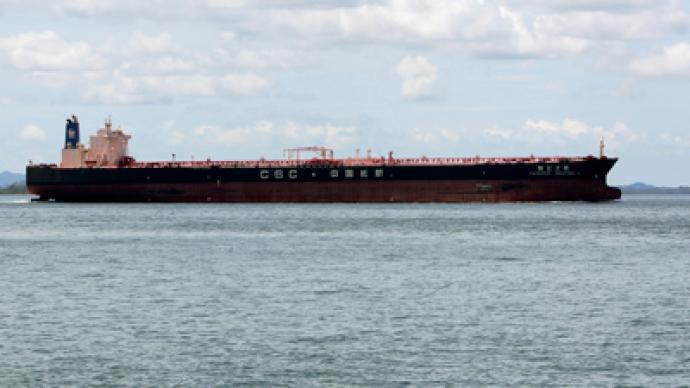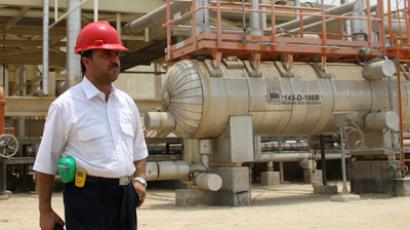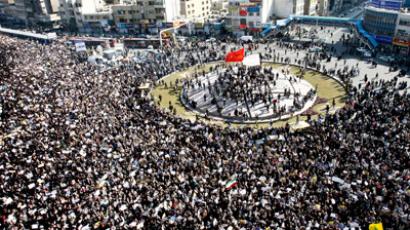Iranian export ban forces buyers to line up for Russian crude

As the sanctions against Iran came into force on July 1, many European refineries rushed for Russian Ural crude to fill their stocks, pushing the oil prices up to $100 per barrel.
Urals is a high sulphur mix of heavy, high-oil of the Urals and the Volga region with light oil from Western Siberia. It has the same quality as Iranian crude, which makes it suitable replacement, experts say.Many European importers have already replaced Iranian crude with that of Saudi Arabia, Iraq or Kuwait, but those who failed to do it beforehand are buying Urals as it is widely available in the spot market, the Financial Times reports. In January when the sanctions against Iran were discussed, France’s Total and Repsol of Spain also rushed to buy Urals to cut dependency on Iran.“Russian crude supplies are more secure as they come through a pipeline. Russian exporters provide guarantees,” said Vyacheslav Bunkov, chief analyst at Aton Investment. “Meanwhile the situation in the Gulf could lead to supply disruptions, if military action begins. That’s why Urals became more attractive than Brent”.Due to the rush Urals is trading 52 cents per barrel over Brent, while it used to trade $1.60 cheaper per barrel in mid-June. Brent prices also rallied supported by seasonal high demand and reduced supply because of Norway’s strike and recent disruption in Libya.Meanwhile some European companies including Repsol and Cepsa of Spain have also purchased extra Iraqi barrels to replace Iranian crude. European refiners bought about 450,000 barrels a day of Iraqi Basra crude in May, up from an average of 100,000 barrel per day earlier in the year, according to the International Energy Agency.














